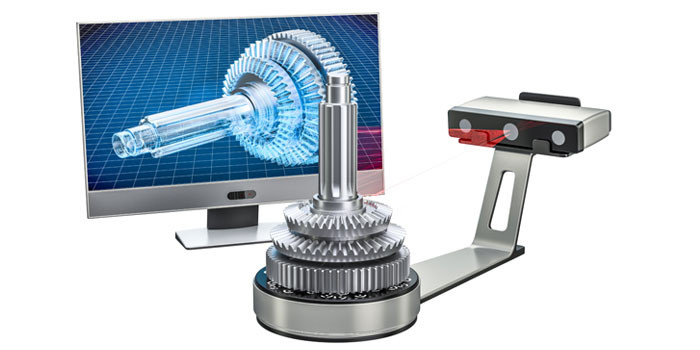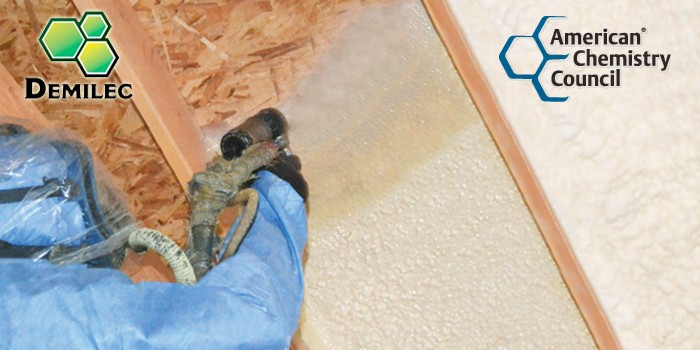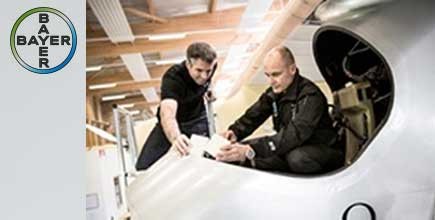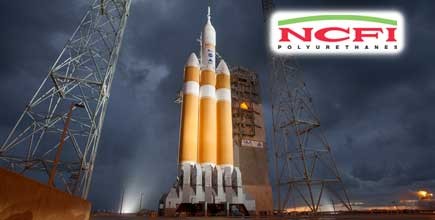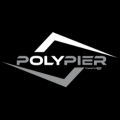Lightweight Products From Bayer MaterialScience Get On Board Futuristic Aircraft
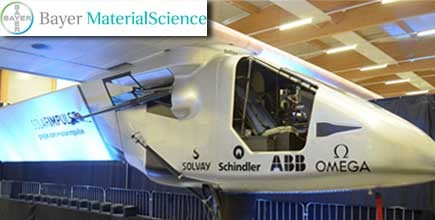
PAYERNE, SWITZERLAND – April 10, 2014 – Curtain up for a visionary project: The decisive second Solar Impulse aircraft has now been completed. The plane, which is to be the first to travel around the world entirely without fuel in 2015, was unveiled on Wednesday in Payerne, Switzerland. On board are numerous innovative products and solutions from Bayer MaterialScience that make the plane especially lightweight and energy-efficient, including a novel and extremely efficient insulating material for the cockpit.
On its historic journey around the world, the plane is to be powered solely by the sun. The energy will be generated by roughly 17,200 solar cells on the wings, which at 72 meters have a span equal to that of the largest passenger airliners. The entire aircraft however weighs only 2.3 tons.
Day and Night Without Fuel
The new plane is the advancement of a first prototype, which demonstrated in 2010 the feasibility to fly day and night only on solar energy and since then successfully completed numerous flights, most recently a coast-to-coast journey across the United States. The second model will undertake a number of test flights this year as well, prior to setting off on its big mission in March 2015.
The aircraft was unveiled to a large audience invited by Bertrand Piccard and André Borschberg, who founded the Solar Impulse project over ten years ago. The two Swiss pioneers want their project to demonstrate the tremendous potential of existing technologies for contributing to energy efficiency, renewable energies and new transportation solutions.
"The Solar Impulse initiative is both scientific and innovative. It is also philosophical, by its goal of raising awareness in society about the need to save our planet's energy
resources. Without Bayer and its mission of conducting 'Science For A Better Life' this solar airplane would never have been light and efficient enough to be able to fly night and day without fuel," Piccard said.
Bayer MaterialScience, which has been an official partner to the project since 2010, is similarly committed to delivering sustainable products and solutions. "The Solar Impulse project impressively demonstrates how our innovations can help preserve the planet and its natural resources, improve people's lives and create value," said Richard Northcote, Bayer MaterialScience Executive Committee member responsible for sustainability.
Highly Efficient Insulation
The company contributed a lot of technical expertise to the project. Among other things it was responsible for the complete design of the cockpit shell. It is a key component of Bayer MaterialScience's involvement how it has been able to take this project from design concept through to manufacturing, said Borschberg.
One material the company is providing for this purpose is the extremely high-performance insulating material Baytherm® Microcell. Its insulating performance is as much as 10 percent greater than the current standard. Highly efficient insulation is particularly important for the aircraft because it must withstand temperature fluctuations between minus 40 degrees Celsius at night and plus 40 degrees during the day.
Baytherm® Microcell is used for the aircraft door, while the rest of the cockpit shell is made of a different type of rigid polyurethane foam from Bayer MaterialScience. The company also supplies a polyurethane/carbon fiber composite material for the door locks, and thin sheets of transparent, high-performance polycarbonate for the window. Although the cockpit is larger overall than in the first prototype, it is only minimally heavier.
Silvery Coating
Outside the cockpit, rigid polyurethane foam from Bayer MaterialScience is used to insulate the batteries. The company also provides the raw materials for the silvery coating covering large portions of the aircraft and the adhesives that hold the textile fabric in place underneath the wings.
Bayer MaterialScience supplies polycarbonates and polyurethane raw materials to other markets and industries as well, for example for lightweight construction in the automotive industry, for building insulation and for thermal management in consumer electronics.
Its involvement in the Solar Impulse project ultimately benefits the further development of key sectors like these. Bayer MaterialScience can use the "flying laboratory" to further improve its existing products and solutions, test new things and thus come up with new potential applications.
About Bayer MaterialScience: With 2013 sales of EUR 11.2 billion, Bayer MaterialScience is among the world's largest polymer companies. Business activities are focused on the manufacture of high-tech polymer materials and the development of innovative solutions for products used in many areas of daily life. The main segments served are the automotive, electrical and electronics, construction and the sports and leisure industries. At the end of 2013, Bayer MaterialScience had 30 production sites and employed approximately 14,300 people around the globe. Bayer MaterialScience is a Bayer Group company.
*Photos courtesy of Bayer MaterialScience AG
Disqus website name not provided.



